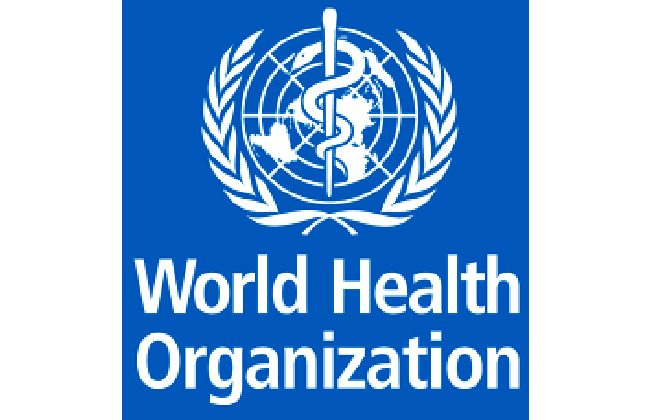
The climate crisis continues to make people sick and jeopardizes lives and health must be at the core of these critical negotiations, the World Health Organization issued the grim reminder on the eve of the pivotal climate talks at COP27. WHO believes the conference must conclude with progress on the four key goals of mitigation, adaptation, financing and collaboration to tackle the climate crisis. COP27 will be a crucial opportunity for the world to come together and re-commit to keeping the 1.5 °C Paris Agreement goal alive.
The WHO welcomed journalists and COP27 participants to join WHO at a series of high-level events and spend time in an innovative health pavilion space. Focus will be placing the health threat from the climate crisis and the huge health gains that would come from stronger climate action at the centre of discussions. Climate change is already affecting people’s health and will continue to do so at an accelerating rate unless urgent action is taken, WHO said in a message from Geneva.
“Climate change is making millions of people sick or more vulnerable to disease all over the world and the increasing destructiveness of extreme weather events disproportionately affects poor and marginalized communities,” says Dr Tedros Adhanom Ghebreyesus, WHO Director-General. “It is crucial that leaders and decision makers come together at COP27 to put health at the heart of the negotiations,” he added.
Between 2030 and 2050, climate change is expected to cause approximately 250 000 additional deaths per year from malnutrition, malaria, diarrhoea and heat stress, according to WHO. The direct damage costs to health (i.e., excluding costs in health-determining sectors such as agriculture and water and sanitation), is estimated to be between US$ 2-4 billion per year by 2030. The rise in global temperature that has already occurred is leading to extreme weather events that bring intense heat waves and droughts, devastating floods and increasingly powerful hurricanes and tropical storms.
The combination of these factors means the impact on human health is increasing and is likely to accelerate. But there is room for hope, particularly if governments take action now to honour the pledges made at Glasgow in November 2021 and to go further in resolving the climate crisis. WHO is calling on governments to lead a just, equitable and fast phase out of fossil fuels and transition to a clean energy future.
There has also been encouraging progress on commitments to decarbonization and WHO is calling for the creation of a fossil fuel non-proliferation treaty that would see coal and other fossil fuels harmful to the atmosphere phased out in a just and equitable way. This would represent one of the most significant contributions to climate change mitigation.
Investment in clean energy will yield health gains that repay those investments twice over. There are proven interventions able to reduce emissions of short-lived climate pollutants, for instance applying higher standards for vehicle emissions, which have been calculated to save approximately 2.4 million lives per year, through improved air quality and reduce global warming by about 0.5 °C by 2050. The cost of renewable sources of energy has decreased significantly in the last few years, and solar energy is now cheaper than coal or gas in most major economies.
WHO is custodian to 32 Sustainable Development Goal indicators, 17 of which are impacted by climate change or its drivers, and 16 of which specifically impact the health of children.


